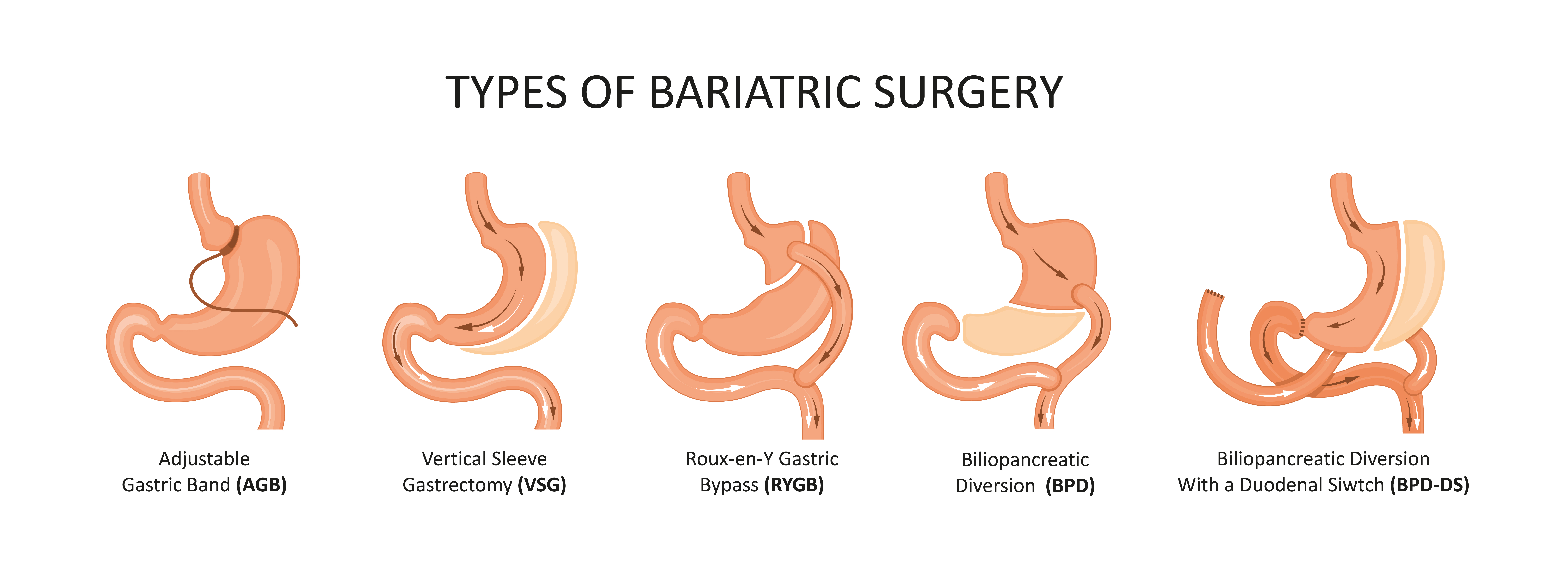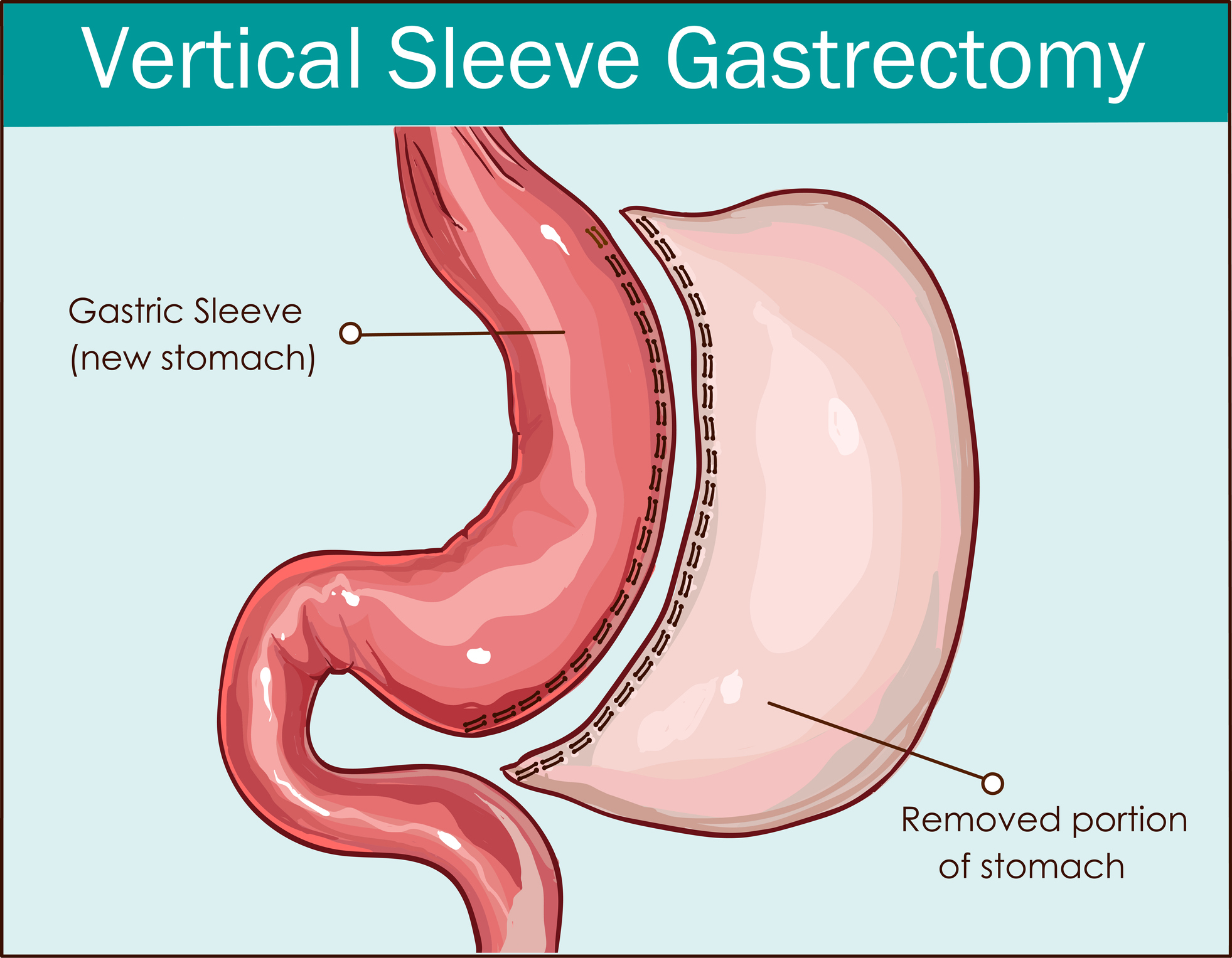You must have heard and read a lot about obesity. A disease that can further result in more complicated health conditions, as well give rise to several metabolic disorders. Not just this, an obese person is often ridiculed in public, which makes them more conscious about their image. As a result, not just physically, but the person is affected mentally as well. Therefore, when losing weight seems almost next to impossible, doctors recommend the option of bariatric surgery.
What Is Bariatric Surgery And Its Types?
In this surgery to reduce body fat, some part of the stomach is separated and in the process, the excess fat stored on the stomach is also removed. There are different types of bariatric surgery, performed depending upon the physical condition of the obese person. The types include:
- Gastric Sleeve Surgery
In this surgery, the size of the abdomen of highly a obese person is reduced with the help of laparoscopic equipment. - Gastric Bypass Surgery
Gastric bypass surgery binds the upper part of the abdomen and connects the lower part to the small intestine, allowing the food to directly reach the small intestine. Usually, after this surgery, the patient also feels even more hungry. - Adjustable Gastric Band
An adjustable gastric band is also known as Lap Band Surgery. In this method, an elastic band is put on the upper part of the stomach and with the help of it, the extra fat present on the stomach is removed. - Duodenal Switch Surgery
Duodenal switch surgery is a weight loss surgery in which the duodenum is attached to the small intestine, allowing food to reach the small intestine directly.Types of Bariatric Surgery
Who Should Undergo Bariatric Surgery?
Obese people are the ones whose BMI (Body Mass Index) is above normal and who have problems like diabetes, high blood pressure, metabolic syndrome and heart disease, etc. In this case, the surgeon can advise them to get bariatric surgery done. Apart from this, surgery can also be helpful for those people, who fail to lose weight in every possible way.
Effects Of Bariatric Surgery On The Body
ETV Bharat Sukhibhava team spoke to a senior physician Dr. Sanjay Jain about the effects of bariatric surgery on the body. He says that bariatric surgery is not a normal surgery. In this surgery, a part of an obese person’s stomach is cut short in order to reduce their appetite. If proper care is not taken post-surgery, different parts of the body and their functions can also be affected. The reason is that all our body parts are dependent upon the nutrition we get from the food we eat and after this surgery when the quantity of food being consumed is reduced, the nutrients obtained from it are also reduced. This also has a direct effect on our immunity.

Effects of post-surgery
Apart from this, after the surgery, many times patients also face problems like acidity, indigestion of food, problems like a gallstone, decrease in blood sugar levels, respiratory problems, weight problems and dumping syndrome. Dr. Jain says that this surgery can be extremely beneficial for people in dire need of it, but people who have this surgery just for the sake of losing weight may face adverse health effects.
Post-surgery Precautions
Dr. Jain explains that it is very important to take certain precautions after bariatric surgery and to follow a disciplined routine. Apart from this, regular health checkup, strict adherence to a prescribed diet plan and regular exercise are very important.
Pros-Cons of surgery
Bariatric surgery is beneficial but it has its own drawbacks too. Therefore, get it done only after your doctor recommends it to you. Weight loss surgery only for the sake of getting a few compliments for your figure can affect you negatively. If you are overweight, a proper lifestyle and healthy eating habits will just be enough to serve the purpose.



